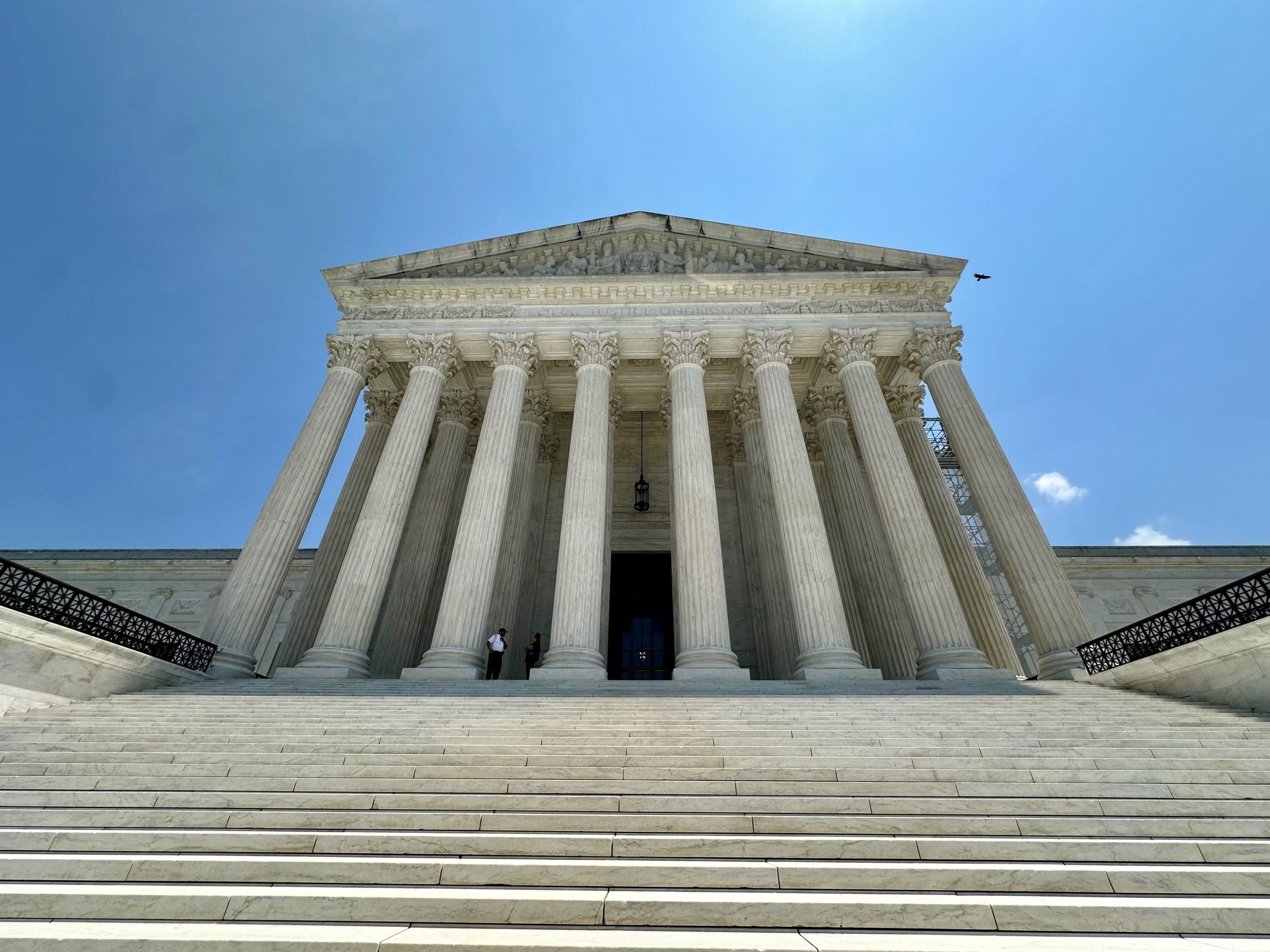Justices appoint lawyer to argue restitution case in the fall


A former clerk to Justice Antonin Scalia and then-Judge Brett Kavanaugh was tapped on Thursday to defend a lower court ruling before the Supreme Court this fall in a Georgia man’s challenge to the federal government’s efforts to collect restitution from him.
The Supreme Court appointed John Bash, a former assistant to the U.S. solicitor general who has argued 10 cases in the court to argue Ellingburg v. United States as a “friend of the court” in support of the judgment of the U.S. Court of Appeals for the 8th Circuit — which ruled for the government — because the federal government has opted not to defend that court’s reasoning.
Holsey Ellingburg, who was sentenced to nearly 27 years in prison and ordered to pay restitution for his role in a bank robbery in Georgia, is challenging the government’s efforts to try to collect restitution from him under a 1996 law, the Mandatory Victims Restitution Act, that extends criminal defendants’ liability for restitution.
The question before the court is whether restitution under the MVRA is a civil remedy or, as Ellingburg argues, is instead the kind of punishment that can violate the Constitution’s ex post facto clause, which prohibits laws that retroactively increase the punishment for a crime or criminalize conduct that was legal when it occurred.
A federal appeals court in St. Louis rejected Ellingburg’s challenge, concluding that restitution is a civil remedy. Ellingburg then went to the Supreme Court, which agreed last month to weigh in.
In a brief filed in February, the federal government had urged the justices to deny review. Although it acknowledged that the federal courts of appeals are divided on the question whether restitution under the MVRA is a criminal punishment and therefore subject to the ex post facto clause, the government insisted that, regardless of whether the MVRA is a criminal punishment or not, “almost every court of appeals to consider the issue would have reached the same result as the Eighth Circuit in this case” – that there is no violation of the clause. Therefore, the government posited, Ellingburg would lose in any event.
In a letter filed on May 12, U.S. Solicitor General D. John Sauer informed the justices that the federal government would no longer “defend the rationale of the court of appeals’ decision” – that is, “whether restitution under the MVRA is criminal punishment for purposes of the Ex Post Facto Clause.”
Because the federal government was no longer defending the 8th Circuit’s rationale, the justices selected Bash to do so instead. Bash is currently a partner in the Austin office of Quinn Emanuel; he has also served (among other things) as the U.S. Attorney for the Western District of Texas. In April, Bash announced that he would run for attorney general of Texas – the position currently held by Ken Paxton, who is running for U.S. Senate. But Bash withdrew from the race less than three weeks later, citing a family health scare.
The practice of appointing an outside attorney is not an unusual one; indeed, the justices have historically done so once or twice per term. But during the 2024-25 term they appointed five outside attorneys to argue as “friends of the court,” and they have already appointed three attorneys in the nine cases currently slated for argument during the 2025-26 term: Charles McCloud in Barrett v. United States, Kasdin Mitchell in Bowe v. United States, and Bash in this case.
And the court could soon add a fourth appointed attorney for the upcoming term. On Monday, the federal government told the Supreme Court that it would not defend a ruling by the U.S. Court of Appeals for the 6th Circuit that upheld a federal campaign finance law limiting the expenditures by political parties in coordination with candidates for office. Sauer suggested that the justices appoint an outside attorney to defend that ruling by the federal appeals court.
Posted in Merits Cases
Cases: Ellingburg v. United States